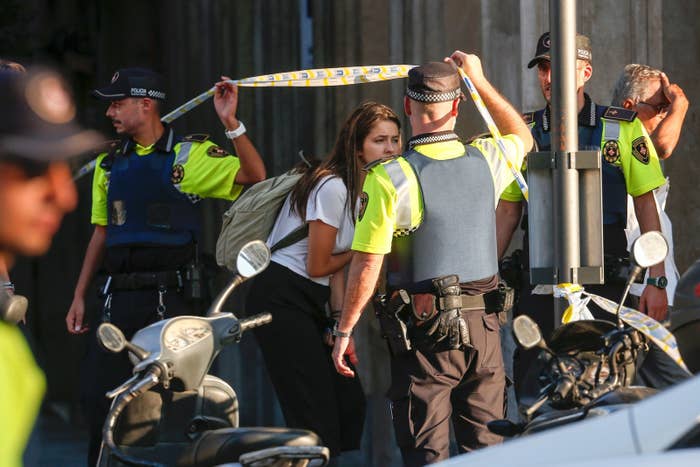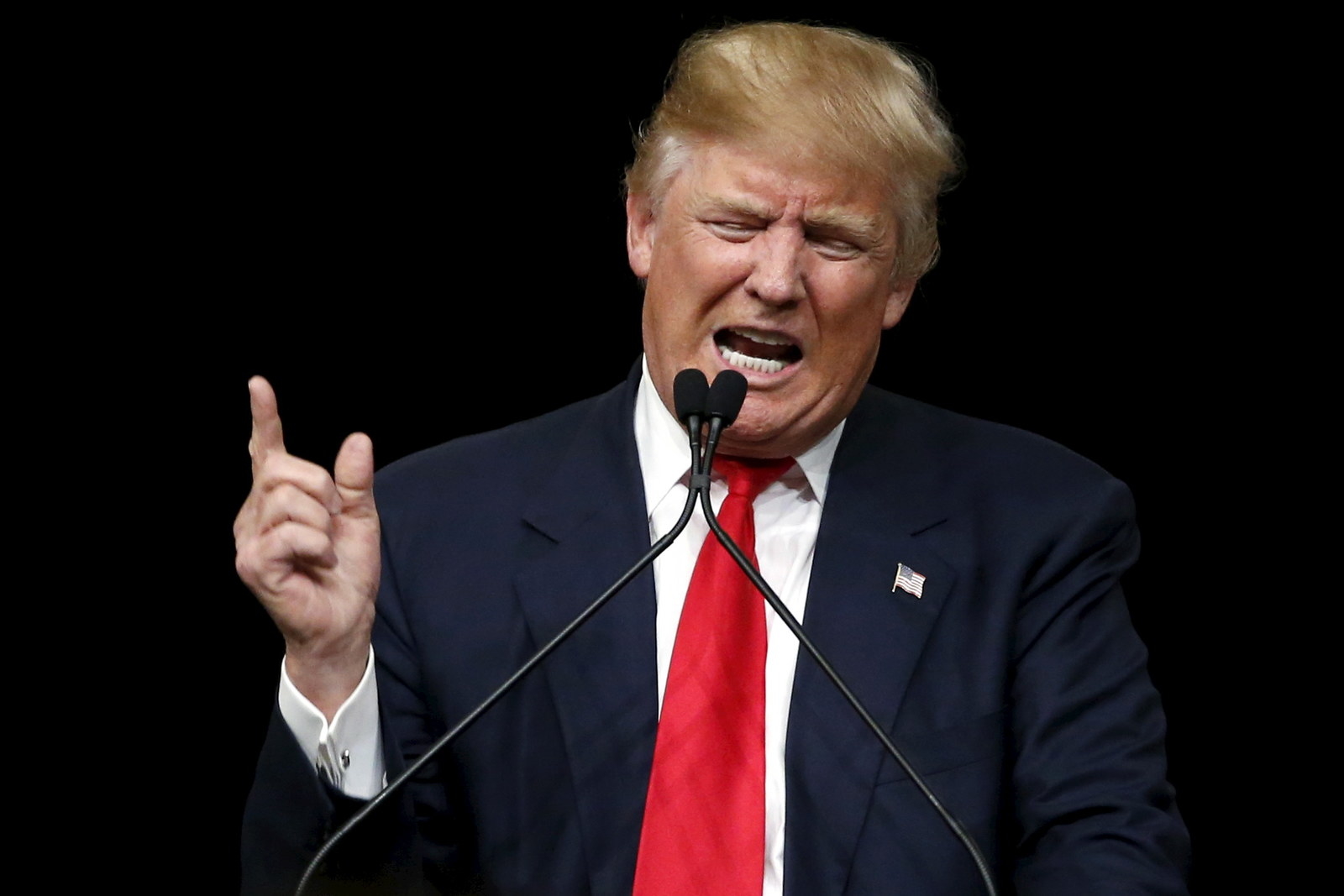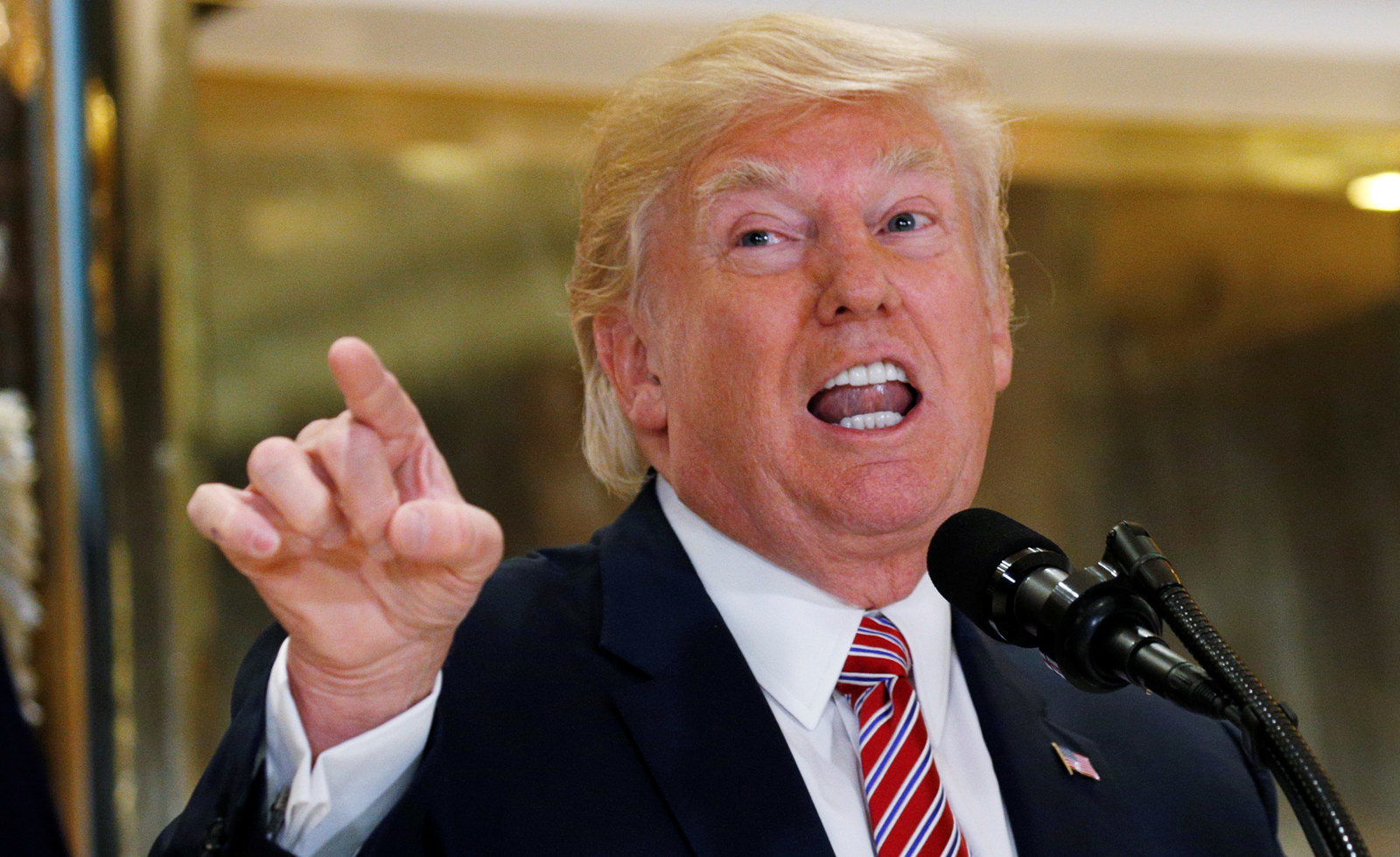On Thursday, a deadly terror attack involving a van killed several people and injured dozens more in the Spanish city of Barcelona.

President Trump, under criticism this week for his slow and ambiguous response to the white supremacist terror attack in Charlottesville, tweeted in response to the Barcelona attack just hours after the news broke.
Here's what he wrote first:
The United States condemns the terror attack in Barcelona, Spain, and will do whatever is necessary to help. Be tough & strong, we love you!
Then he tweeted this:
Study what General Pershing of the United States did to terrorists when caught. There was no more Radical Islamic Terror for 35 years!
For context, Gen. John Joseph "Black Jack" Pershing was a commander overseeing the Philippines when it was a US territory between 1898 and 1946.
The story Trump's been telling suggests that Pershing successfully quelled Islamist rebels during that time by executing Muslim captives using bullets covered in pigs' blood, before burying the rebels' bodies with pigs. (In Islam, like in Judaism, followers are forbidden from eating pork.)
The problem, though, is that historians say there's no proof for this story.
Trump told the story at least once before, at a rally in North Charleston, South Carolina, during the election campaign in February last year:

“They were having terrorism problems, just like we do,” Trump said at the rally.
“And he caught 50 terrorists who did tremendous damage and killed many people. And he took the 50 terrorists, and he took 50 men and he dipped 50 bullets in pigs’ blood — you heard that, right? He took 50 bullets, and he dipped them in pigs’ blood. And he had his men load his rifles, and he lined up the 50 people, and they shot 49 of those people. And the 50th person, he said: You go back to your people, and you tell them what happened. And for 25 years, there wasn’t a problem. Okay? 25 years, there wasn’t a problem.”
"This time around he said the violence stopped for 35 years, which patently absurd," Lance Janda, a military historian at Oklahoma's Cameron University, told BuzzFeed News.
Fact-checking website Snopes reviewed biographies of Pershing, as well as historical accounts from the Philippines at that time.
They found no reference to Pershing ever using pig blood–soaked bullets or burying rebels with pigs.
In fact, Snopes writes, Pershing's strategies revolved around trying to negotiate with local rebels by writing letters, and threatening violence only when that failed.
The History News Network, a blog affiliated with George Washington University's Department of History which features posts from historians, did find one account in a 1927 Chicago Tribune article of Pershing sprinkling rebel prisoners with pig blood — before letting them go.
Another officer stationed in the Philippines around the same time may have buried Muslim rebels with pigs, Politifact writes, but there is no evidence that Pershing did the same — and no evidence he dipped bullets in pigs' blood in any historical record.
Several historians say the same thing: There is no credible historical evidence to back up the story Trump keeps telling.
"Pershing was relatively progressive for his time period, and did a lot of what we could call winning hearts and minds," Janda said, a view that's shared by several historians with an expertise in military and US-Philippines history.
"He negotiated, tried to end the violence, and only fought when tribes refused to any sort of talks. Moreover, there’s no clear consensus that the rebels would have been deterred by pig blood anyway, as they were not all religious and not all of them were Muslims," Janda said.
Janda also said that not all local Muslims were in conflict with US authorities, and that it was unclear if all of the rebels were even Muslims.
"There’s a terrible implication in Trump’s remarks that somehow all Muslims were fighting against the US, which is also not true," historian Janda said, pointing to another group of locals who did not resist US authorities after the State Department used diplomatic channels to influence local leaders. "It’s a good example of diplomacy working to our advantage, and a reminder that we have always had Muslim allies in many parts of the world."
Whatever Pershing's tactics were, rebellions and insurgencies continued throughout the American occupation of the Philippines.

FWIW, the president said Tuesday he waits before responding to violent attacks to make sure he has "the facts."
"It takes a little while to get the facts. You still don't know the facts. It is a very, very important process to me. It is a very important statement. So I don't want to go quickly and just make a statement for the sake of making a political statement," he said.
